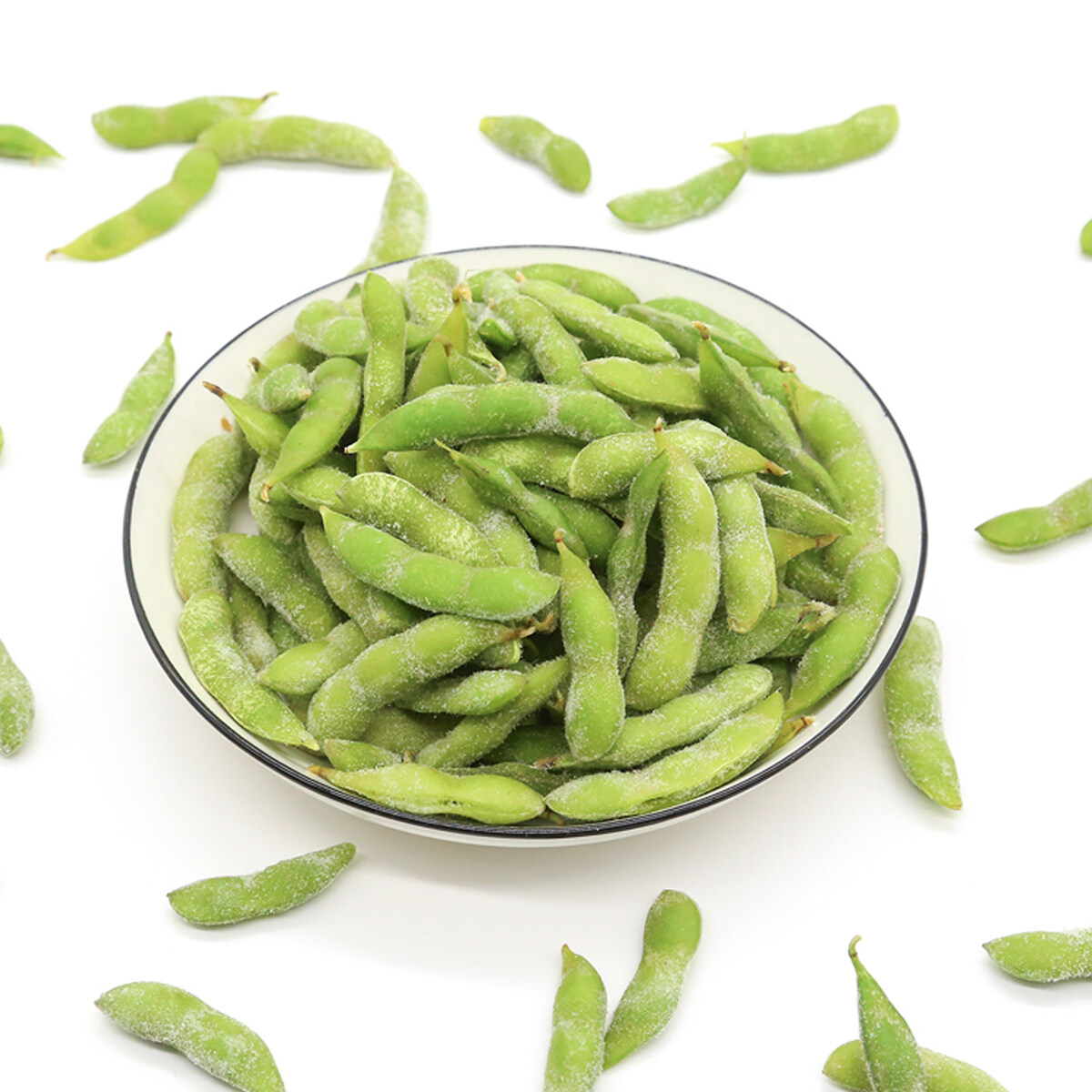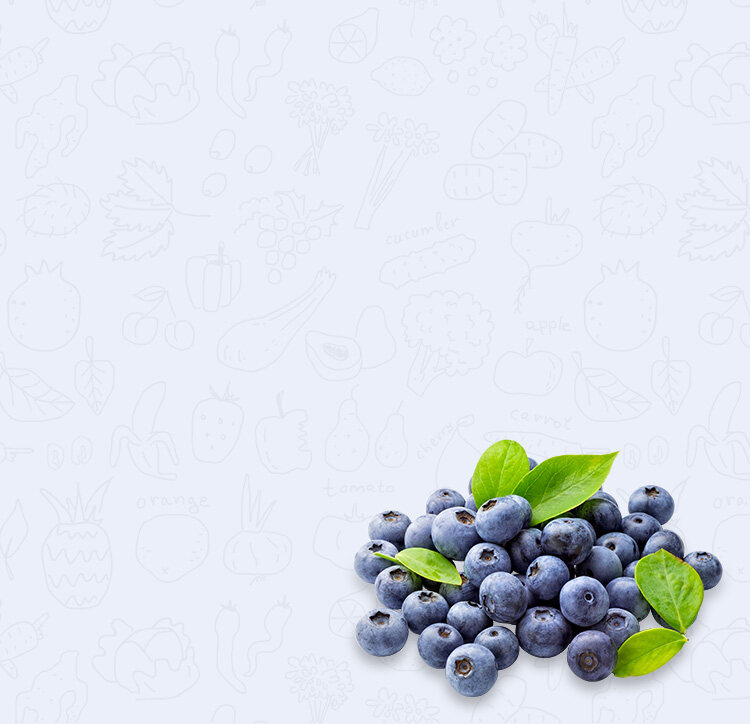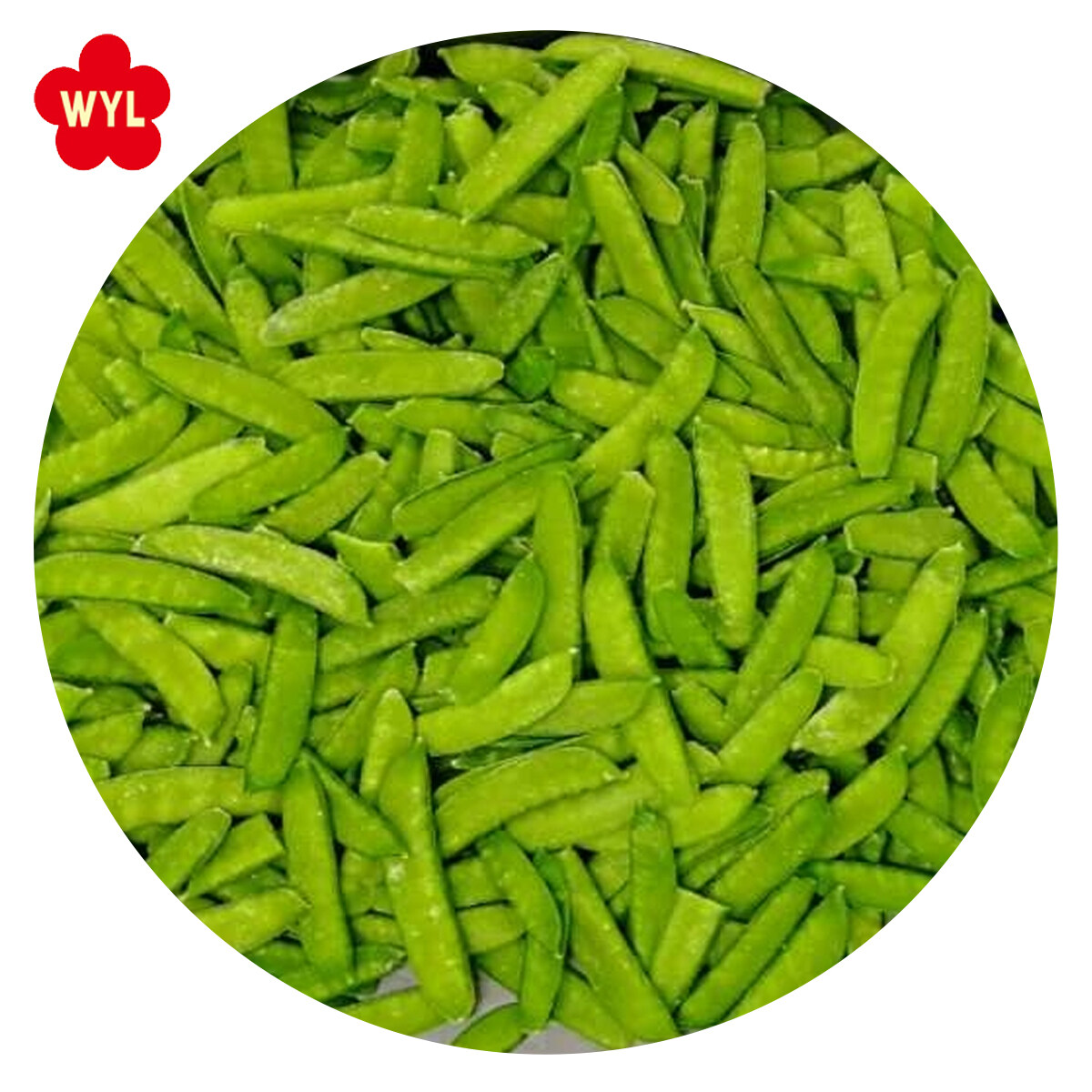Is It Good to Eat Frozen Vegetables?
In the bustling aisles of the supermarket, the produce section is a vibrant tableau of colors and life. Yet, tucked away in the freezer section, an often-overlooked treasure trove awaits: frozen vegetables. Are they as nutritious as their fresh counterparts? Is convenience compromising our health? Let's embark on a journey to discover the benefits and drawbacks of incorporating frozen vegetables into our diets.
The Nutritional Paradox: Fresh vs. Frozen
The debate rages on: are fresh vegetables always superior to their frozen kin? Surprisingly, the answer isn't as clear-cut as one might think. Fresh vegetables, straight from the earth, are undeniably nutritious. However, frozen vegetables can sometimes retain more nutrients than fresh ones, especially if they are flash-frozen immediately after harvest.
The Secret of Flash-Freezing
Flash-freezing is a process that locks in freshness and nutrients. Vegetables are quickly frozen at extremely low temperatures, which helps to preserve their nutritional content. This method is particularly beneficial for vegetables that are harvested and frozen at their peak, ensuring that they reach your plate with maximum nutritional value.
The Convenience Factor: A Boon for Busy Lives
In our fast-paced world, convenience is king. Frozen vegetables offer a level of convenience that fresh vegetables simply cannot match. No more worrying about spoilage or planning meals around the perishability of fresh produce. With a bag of frozen veggies, you have a ready-to-cook meal component that lasts for months.
Cost-Effective and Environmentally Friendly
Economical and eco-conscious consumers will find joy in the freezer aisle. Frozen vegetables are often less expensive than fresh ones, especially out of season. Moreover, the process of freezing reduces waste, as manufacturers can utilize the entire crop, including vegetables that may not meet the cosmetic standards for fresh sale.
The Taste Test: Dispelling Myths
One of the common misconceptions about frozen vegetables is that they lack flavor. However, when prepared with care, frozen veggies can be just as tasty as fresh ones. The key lies in cooking methods and seasonings. A quick sauté or roast can bring out the natural flavors, making them a delightful addition to any meal.
Versatility in the Kitchen
The versatility of frozen vegetables cannot be overstated. From stir-fries to casseroles, soups to smoothies, they can be used in a myriad of dishes. The pre-cut and pre-washed nature of these veggies saves time in meal preparation, making them an ideal choice for those with limited time in the kitchen.
The Health Benefits: A Closer Look
Health-conscious individuals will be pleased to know that frozen vegetables can be a nutritious addition to their diet. They are typically low in calories and high in fiber, making them a great choice for weight management. Additionally, the variety available in the freezer section allows for a diverse and balanced diet.
The Role of Preservatives: A Misconception
The mention of preservatives often strikes fear into the hearts of health-conscious consumers. However, most frozen vegetables are frozen without the need for artificial preservatives. The cold temperatures are sufficient to inhibit the growth of bacteria and other microorganisms.
The Fresh Alternative: When to Choose Fresh
While frozen vegetables offer numerous benefits, there are instances where fresh vegetables are the better choice. For instance, when a recipe calls for raw vegetables, such as in a salad, the texture and flavor of fresh produce may be preferred.
Conclusion: Embracing the Full Spectrum of Produce Options
In conclusion, the choice between fresh and frozen vegetables is not a one-size-fits-all scenario. Each has its unique advantages and ideal applications. By understanding the nutritional, convenience, and culinary benefits of frozen vegetables, consumers can make more informed decisions about their diet. Whether it's the peak of summer or the dead of winter, the freezer aisle offers a bounty of nutritious and delicious options that deserve a place in our pantries and on our plates.



